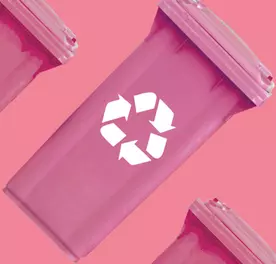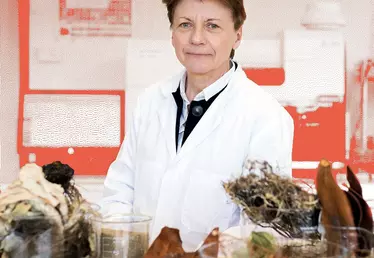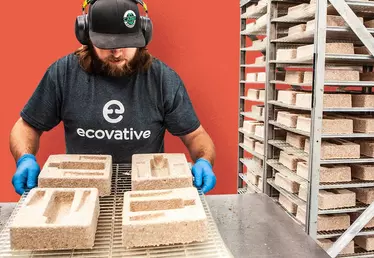

Hero banner custom title
How to reduce your pet’s environmental impact
2 min
House pets like cats, dogs (and even fish) are cute, cuddly, playful and protective – as well as a real delight to their owners. As a result, 56% of all households in the world own at least one pet. Yet there is also a big problem with them, namely they have a significant environmental impact. Fortunately, a few good practices can lighten the load.
First action lever: pet food
Great quantities of CO₂ are emitted when producing the meat that pets consume. In 2009, Brenda and Robert Vale, sustainable development specialists at the University of Victoria in Wellington (New Zealand), found that a German Shepherd emits as much CO₂ annually as a large automobile. These findings have been revisited in recent years, mainly because most pet food comes from human food by-products that would otherwise be thrown away. The question then becomes what would happen if humans were to eat less meat.
Feeding pets in an environmentally-friendly manner can be partially achieved by serving them the insect meal kibble that more and more companies are starting to offer.
It might also be possible to replace meat-based proteins with egg yolks. Leftovers shouldn’t be thrown away but fed to pets instead – without overdoing it, of course! Because keeping them healthy is also a priority.
Avoiding pet overpopulation through birth control
Sterilization is one way of preventing our furry friends from reproducing willy-nilly. According to France’s Society for the Protection of Birds, it also keeps them from wandering over hills and dales, seeking mates but also feasting on whatever endangered species they find on their way. A small bell can also be attached to a pet’s collar to stymie its hunting instinct – and to earn birds’ eternal gratitude.
Last but not least – pet potty
Pet poo is another problem that can be alleviated. According to France’s Ecological Transition Agency (ADEME), cat litter production contributes to global warming, fuels the depletion of mineral or fossil resources and accelerates biodiversity loss. The agency therefore recommends buying litter certified by an environmental label guaranteeing that non-renewable raw materials (like peat or clay) are being avoided; that recyclable materials (like wood fibers) are being used; and that the end product is highly absorptive (so that smaller quantities are required).
Do not forget to clean up after your dog outside and throw any poo away in a bin. According to a February 2022 Ecological Solutions and Evidence journal report, the nitrogen and phosphorus traces found in dog excrement damages natural biodiversity. The best idea is to keep dogs on a lead – which also prevents them from hunting down any endangered species.











